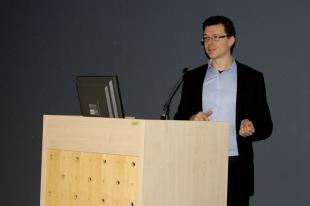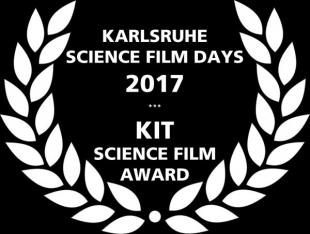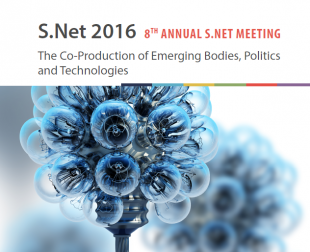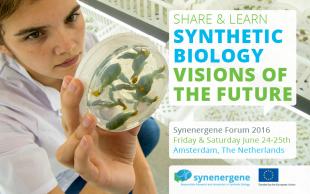News
The Convention on Biodiversity is inviting governments, indigenous peoples and local communities
read moreThe Convention on Biological Diversity invites any expert and stakeholder to submit information a
read moreOn 19 May 2017, an international jury selected three winners of the Bio Art and Design Awards at
read moreThe National Academies Press released a prepublication of the report on “Human Genome Editing: Sc
read moreThe Swiss Academies of Arts and Sciences just released the report “Misuse potential and biosecuri
read more 27/07/2016
27/07/2016The Office of Technology Assessment at the German Bundestag (TAB) announces a public panel debate
read moreTAB, the Office of Technology Assessment at the German Bundestag, has published an English summar
read moreThe Working Group on Ethics in Research and Medicine of the Commission of the Bishops' Conference
read more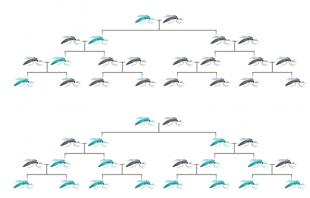 09/02/2016
09/02/2016The National Instute for Public Health and the Environment (RIVM) of the Netherlands, resorting u
read more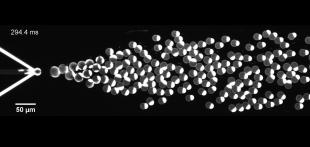 26/01/2016
26/01/2016By blowing extremely small bubbles, researchers from the Kavli Institute of Nanoscience at Delft University of Technology (TU Delft) have found an efficient way of producing so-called liposomes – very small bubble-like structures often used to deliver medicine, but also key to generating artificial cells. The scientists publish their findings in the online edition of Nature Communications on Friday 22 January.
Read more at: http://phys.org/news/2016-01-closer-artificial-cell-divisionby.html#jCp
read moreA new book in Springer's "Ethics of Science and Technology Assessment" series deals with the soci
read moreSynthetic biology keeps making news, and the SYNENERGENE newsletter comes in an extra long versio
read more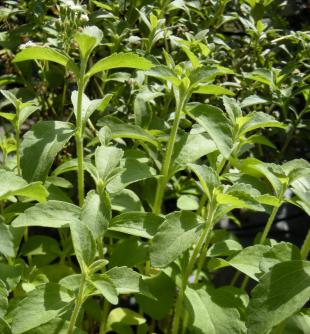 03/11/2015
03/11/2015Cargill recently introduced the new zero-calorie sweetener Eversweet, produced by adding a few ge
read more 18/09/2015
18/09/2015Targeted cancer treatments, toxicity sensors and living factories: synthetic biology has the pote
read more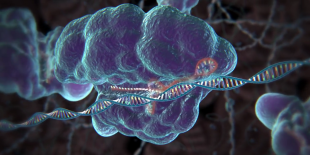 27/08/2015
27/08/2015Hailed for its simplicity and versatility, CRISPR allows scientists to make specific changes to a
read more
